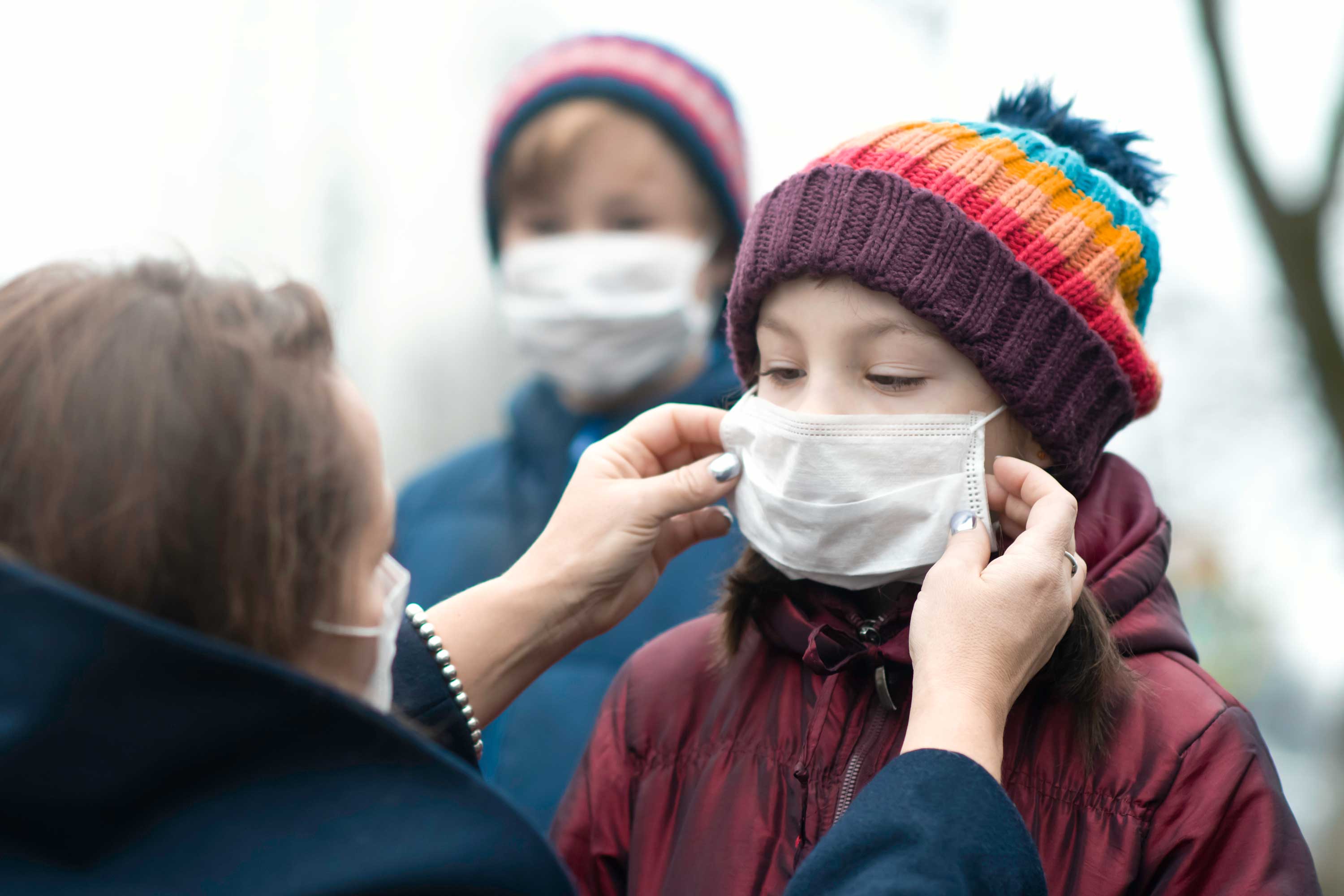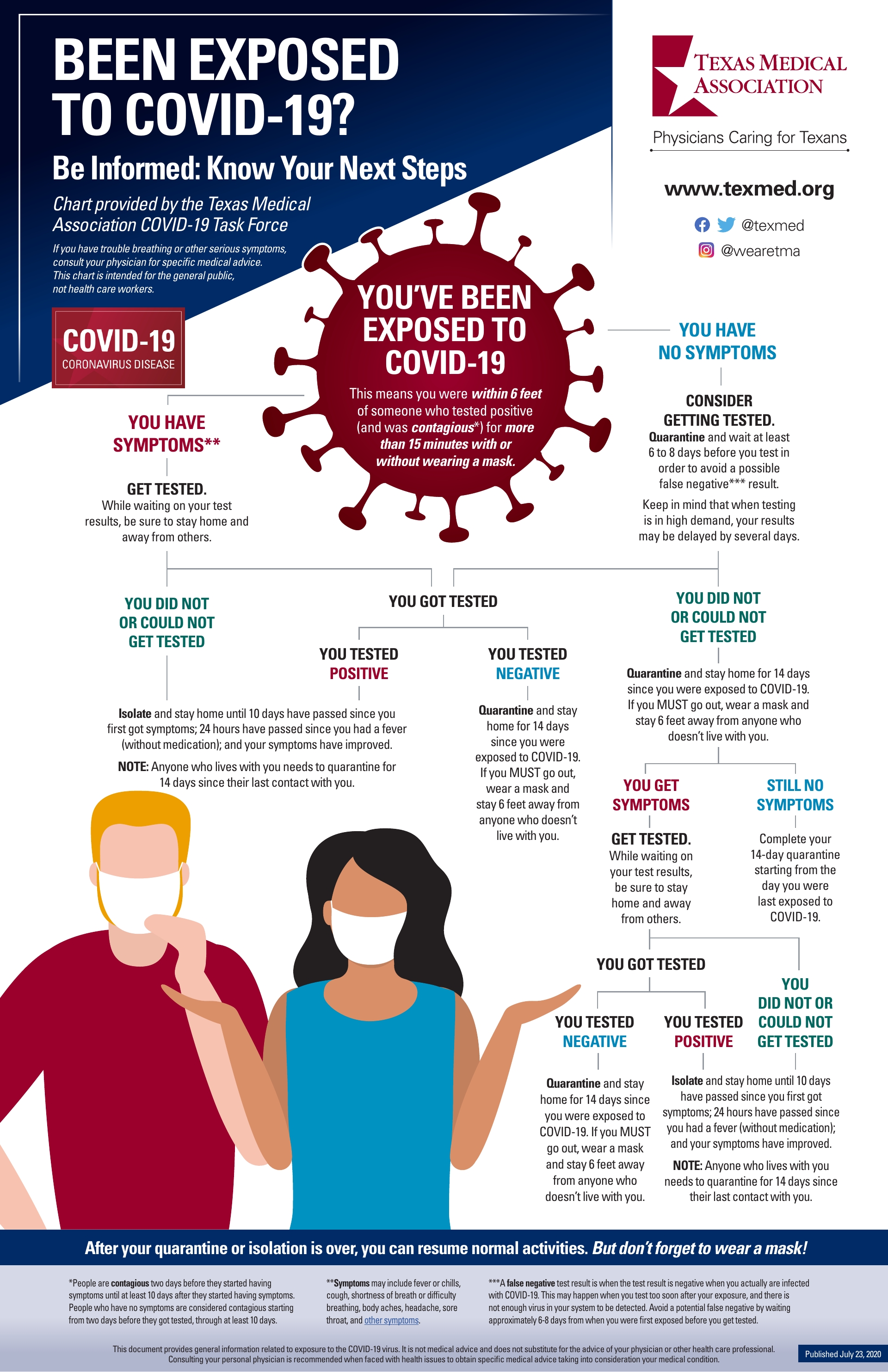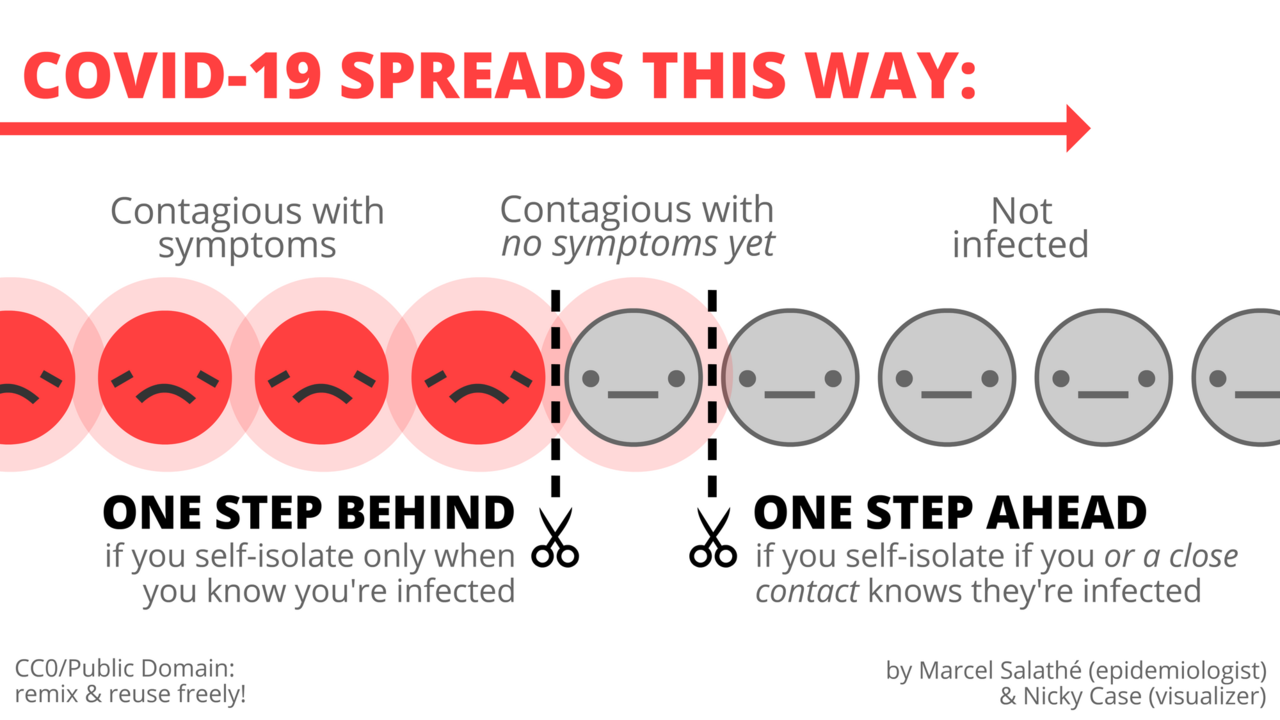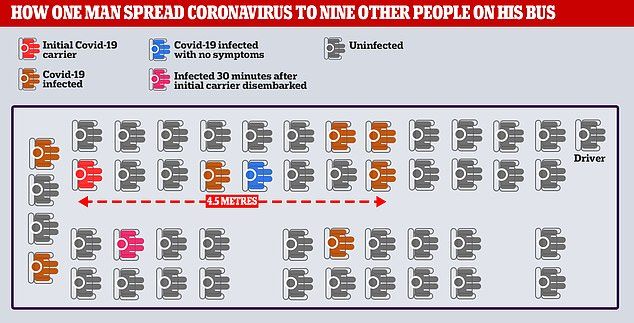Although you may have been exposed to COVID-19 you do not currently have any symptoms. Since its been less than 14 days you are still at risk for coming down with COVID-19.

As many as six in 10 people infected with coronavirus may be unaware they have the disease according to a number of papers studying the outbreak.

No symptoms covid contagious. The onset can range from 2 to 14 days. 11012021 By WRAL Investigates A new study from the Centers for Disease Control and Prevention found that 59 of all COVID cases are spread from people without symptoms. The case study is the first concrete evidence that a person showing no symptoms can pass the coronavirus to others a fact that could make curbing the outbreak even more challenging.
Remains without COVID-19 symptoms for example cough shortness of breath. However based on what we know about the incubation period for this virus theres almost no chance that your sister could have passed on the virus to your family members just 24 hours after being exposed herself. The researchers behind the finding said the 20-year-old woman was isolated and closely observed at the Fifth Peoples Hospital of Anyang.
Exposure and No Symptoms. The CDC has left some guidance for this which is to say that if you are seven days out from the beginning of your symptoms and 72 hours. COVID-19 coronavirus disease 2019 can be contagious for weeks or longer depending on how sick a patient is.
07042020 Septimus says in that case there is no standard retest. The study says 35 of cases come from. 30072020 COVID-19 Exposure but NO Symptoms.
12032021 By the 10th day after COVID symptoms begin most people will no longer be contagious as long as their symptoms have continued to improve and their fever has resolved. 13062020 Dr Maria van Kerkhove COVID-19 technical lead says that the majority of transmission that is known till now is that people who have symptoms transmit the virus to other people through infectious. Research furthers the case for social distancing.
According to the CDC it means that youve gone three days without a fever and without the use of fever-reducing medications and that your other symptoms such as cough or shortness of breath have shown progressive improvement or have gone away completely. 26052020 COVID-19 appears to be infectious only for the first eight days after patients experience symptoms Winnipeg researchers conclude in a. 10062020 A World Health Organization expert clarified Tuesday that the coronavirus can be spread by people who show no symptoms a day after sparking widespread confusion by saying that such asymptomatic.
23112020 People infected with COVID-19 can still be contagious even when they stop feeling sick so precautionary measures should continue for at least 2 weeks after symptoms disappear and until the COVID-19 test result is negative. Confirmed and suspected cases of reinfection of the virus that causes COVID-19 Cases of. And because those non-specific symptoms fever sore throat cough diarrhea chills headache can mirror other more common illnesses like the flu or a cold many of those infected especially early in the outbreak didnt realize they were carrying the virus.
People who test positive for the virus but never develop symptoms over the following 10 days after testing are probably no longer contagious but again there are. Studies show people without symptoms can infect others. Its difficult to pinpoint exactly when after exposure to COVID-19 an infected individual would become contagious.
Ideally patients should be quarantined at home or an institution for 2 weeks after the symptoms completely disappear. COVID-19 symptoms start on the average 5 days after the last exposure. The spread in China.
30042020 When are you no longer considered contagious. 16042021 Around 60 of people with coronavirus show mild or no symptoms. 20082020 Fasano said some children were brought to these settings after exhibiting symptoms but others showed no symptoms and were brought in because they had been in contact with an infected person or.
15082020 According to the CDC the duration of infectiousness in most people with COVID-19 is no longer than 10 days after symptoms begin and no longer than 20 days in people with severe illness or those. The incubation period for COVID-19 the time from infection to the start of symptoms ranges from 4 days to 2 weeks though patients are believed to be contagious before symptoms develop. People sickened by COVID-19 are most infectious when they are showing symptoms including fever coughing and shortness of breath according to the.
 When Is Covid 19 Most Contagious When Are You No Longer Considered Contagious
When Is Covid 19 Most Contagious When Are You No Longer Considered Contagious
 More Than One Third Of Children With Covid 19 Show No Symptoms Study Folio
More Than One Third Of Children With Covid 19 Show No Symptoms Study Folio
 How Long Are You Contagious With Covid 19 Uc San Diego Health Youtube
How Long Are You Contagious With Covid 19 Uc San Diego Health Youtube
 Understanding The Differences Between Covid 19 And Flu Greater Living Gbmc Healthcare
Understanding The Differences Between Covid 19 And Flu Greater Living Gbmc Healthcare
 Covid 19 Resources Sul Ross State University Athletics
Covid 19 Resources Sul Ross State University Athletics
 What Is The Timeline For Covid 19 And What Should I Do If Have It Or Suspect That I Do Florida Keys Democrats
What Is The Timeline For Covid 19 And What Should I Do If Have It Or Suspect That I Do Florida Keys Democrats
 No Coronavirus Symptoms Silent Virus Carriers May Be Still Spreading Covid 19 World Economic Forum
No Coronavirus Symptoms Silent Virus Carriers May Be Still Spreading Covid 19 World Economic Forum
Coronavirus Disease Covid 19 Rivm
 What We Need To Understand About Asymptomatic Carriers If We Re Going To Beat Coronavirus
What We Need To Understand About Asymptomatic Carriers If We Re Going To Beat Coronavirus
 Could Nearly Half Of Those With Covid 19 Have No Idea They Are Infected Coronavirus The Guardian
Could Nearly Half Of Those With Covid 19 Have No Idea They Are Infected Coronavirus The Guardian
 Study Claiming Broader Spread Of Aerosolized Coronavirus Is Retracted Retraction Watch
Study Claiming Broader Spread Of Aerosolized Coronavirus Is Retracted Retraction Watch
 The Silent Spreaders Of Covid 19 Asymptomatic Presymptomatic Mildly Symptomatic Cases Goats And Soda Npr
The Silent Spreaders Of Covid 19 Asymptomatic Presymptomatic Mildly Symptomatic Cases Goats And Soda Npr
 The Silent Spreaders Of Covid 19 Asymptomatic Presymptomatic Mildly Symptomatic Cases Goats And Soda Npr
The Silent Spreaders Of Covid 19 Asymptomatic Presymptomatic Mildly Symptomatic Cases Goats And Soda Npr
How Long Am I Contagious Covid 19 Vs Flu Vs Common Cold Des Moines Iowa Ia Mercyone
 Monitoring Approaches For Health Care Workers During The Covid 19 Pandemic The Lancet Infectious Diseases
Monitoring Approaches For Health Care Workers During The Covid 19 Pandemic The Lancet Infectious Diseases
